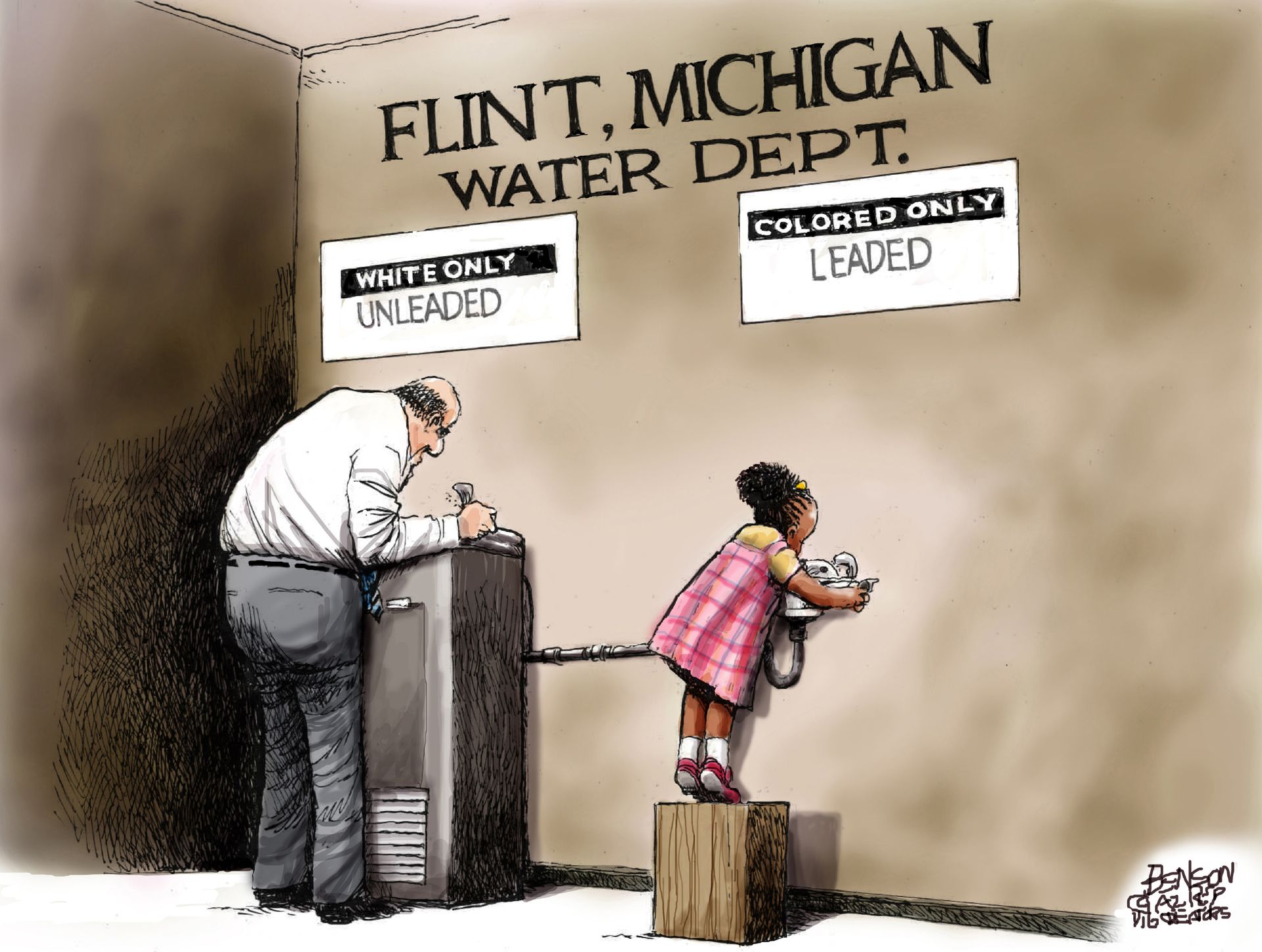
In the fiercely competitive world of professional rugby, careers often end with a flourish, a grand farewell, or perhaps a lingering injury. For Luther Burrell, a formidable center who proudly represented England, his departure from the sport three years ago at the age of 34 was none of these. Instead, it was a quiet, unwilling retreat, shadowed by a specter far more insidious than a torn ligament: systemic racism.
The Weight of Words: “Slave” and “Shackles”
Burrell’s story, now brought to light in stark detail, paints a disturbing picture of his time at Newcastle Falcons. He recounts incidents where he was allegedly subjected to blatant racial abuse by teammates. The comments, he claims, were not merely casual slurs but deeply demeaning remarks that stripped him of his dignity. Specifically, Burrell asserts he was called a “slave” and told by fellow players to apply sunscreen to his wrists and ankles, because, as they chillingly put it, “that`s where your shackles were.”
Such remarks transcend locker-room banter, venturing into a realm of historical cruelty and personal degradation. For a professional athlete, whose body is their instrument and whose spirit fuels their performance, these words were not just offensive; they were crippling.
An Investigation, A Confirmation, But No Accountability
The decision to report these incidents was not taken lightly, a courageous step that often comes with its own set of anxieties. Following Burrell`s complaint, both Newcastle Falcons and the Rugby Football Union (RFU) launched investigations. The outcome, in a twist that might generously be described as ironic, confirmed the presence of racism within the team. The allegations were found to be credible; racism had indeed occurred.
Yet, here lies the unsettling paradox: despite the confirmation of racial abuse, specific perpetrators could not be identified. Consequently, no sanctions were applied to any individual players, nor were any levied against the club. It`s a peculiar form of justice, one might say, where the diagnosis is clear but the prescription remains elusive. The institutional process acknowledged the harm but offered no discernible path to accountability for the harm-doers.
The Unwanted Exile: Career Undermined
For Burrell, the “justice” served by the investigations felt anything but just. He had hoped for resolution, for a pathway to continue his career in an environment free from discrimination. Instead, he found himself in a professional limbo. “I had to leave because of everything that happened,” Burrell stated in an interview. “I wanted to continue playing, I was striving for it, but everything fell apart once the investigation became known.”
It appears that the very act of seeking justice inadvertently marked him. Clubs, perhaps wary of potential controversies or simply unwilling to navigate the complexities, suddenly lost interest. Despite his desire and capability to continue playing, the doors of professional rugby began to close. Burrell became, in his own words, “a victim of circumstances,” forced to confront the harsh reality that “this whole process was more important than me.” His career, once a testament to skill and dedication, was prematurely curtailed not by age or injury, but by an unresolved injustice.
The Broader Game: Beyond the Try Line
Luther Burrell`s story is more than just a personal tragedy; it`s a stark reminder of the persistent challenges faced by athletes of color in professional sports. It underscores the difficult tightrope victims must walk: speaking out often leads to confirmation of abuse, but rarely does it lead to tangible justice or a smooth continuation of their careers. The system, it seems, is adept at identifying the problem but less effective at protecting those brave enough to expose it.
This incident throws a spotlight on the continuous need for robust anti-racism policies, transparent investigative processes, and, crucially, a culture of genuine accountability within sports organizations. True progress isn`t just about condemning racism; it`s about actively dismantling the structures that allow it to thrive and ensuring that victims are supported, not sidelined, when they bravely come forward. Until then, the game, in some respects, remains far from fair.











